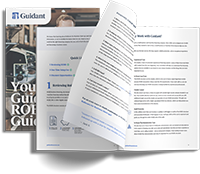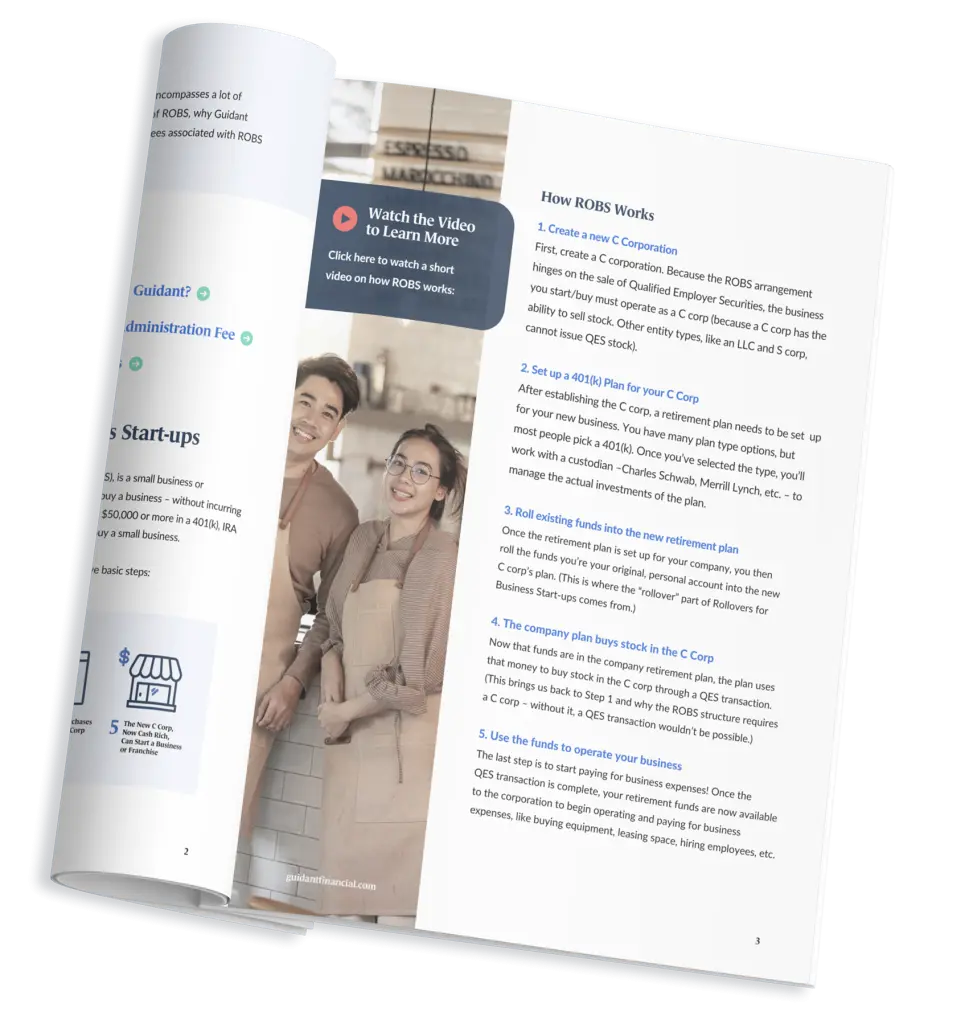For young, aspiring business owners with mounds of debt, the odds can feel stacked against them from the start. Millennials carry an average of $27,900 in personal debt, making financing a business venture while juggling debt repayments a financial obstacle difficult to overcome.
Still, all hope is not lost! With a little planning, you can manage debt and start your business, no matter your age.
Realities Facing Young Small Business Owners
In order to tackle the problem, it’s essential to understand it. For young small business owners, obstacles include:
A fearful environment for entrepreneurs
Many non-essential businesses have been temporarily shuttered to help minimize the spread of coronavirus. If your entrepreneurial dream relies on heavy foot traffic or face-to-face interactions, social distancing measures may hinder your ability to get the business up and running.
A declining number of young people are interested in starting their own business
Entrepreneurship among 20- to 34-year-olds has declined from 34.3% in 1996 to 25.5% in 2017, all while college debt continues to rise significantly over the same time period. While student loans aren’t the only debt to be concerned about, it’s a major factor for potential business owners — 76 percent of college students expressed interest in starting their own business, but almost half of them cited student loans as a roadblock to doing so.
It’s harder to find funding
Forty-five percent of millennials say they are unable to start a business because they’re unable to access capital. When applying for financing, proven financials, including credit scores or business profitability, can work against young business owners who haven’t had the time to develop a solid track record. In fact, millennials have one of the lowest average credit scores of any generation, according to Experian. Millennials are also less likely than previous generations to own a home, meaning many haven’t been able to build up any home equity that could be used to fund a new venture.
Tailored Funding Options for You
5 Tips for Starting a Business When You’re In Debt
Even though the realities facing small business owners present a challenge, they’re not impossible to overcome — even if you’re in debt.
- Continue to work on your personal finances. There is no magic button for paying off your debt, but there are small things that you can do to raise your credit score and become a more desirable candidate to lenders. Be sure to pay all your bills on time (enroll in autopay if that helps), consider consolidating your credit card debt onto one card (with zero or low interest, if possible), and think about refinancing your student loans to a lower interest rate. It also helps to reduce your personal spending where possible and use extra payments from things like bonuses or gifts to work down debt more quickly.
- Branch out when it comes to financing options. According to the Federal Reserve’s Small Business Credit Survey, loans, lines of credit, and credit cards are the most popular ways to fund a business. But as previously mentioned, business loans are difficult for new business owners to qualify for. Consider branching out to personal loans, which had an average APR of 10 percent to -28 percent in 2019. If you have good credit, you may be able to snag funding on the lower end of the scale. You can also consider taking on a partner with excellent credit who could get you access to products with better interest rates and more capital, borrowing from friends or family, using online or angel investors, crowdfunding, or applying for business grants in your field.
- Be realistic about your beginnings. Small business owners have big ideas, and it can be hard to decide where to invest first, especially if money is tight. Rather than going into more personal debt or putting your entire dream on hold until a later time, consider launching a smaller-scale version of your business that is doable with the assets you have. For example, keeping your full-time job and working on your business idea in your spare time until you gain momentum is a good way to ensure you have enough capital coming in to keep you afloat until your business becomes profitable on its own.
- Keep overhead low. There’s no shame in doing everything you can to keep your business costs low, especially when you’re just starting off. Some ways to do that include:
- Start your small business from the comfort of your home desk to avoid the fees that come with renting a space.
- Buy used equipment.
- Consider reaching out to local colleges to find students looking to build a portfolio or gain experience.
- Don’t be afraid to get outside help. You can’t plan to grow your business without a solid financial plan, especially if you’re starting in the red. But if budgeting isn’t your strong suit, be sure to reach out to someone who can help. Whether you reach out to a mentor who has been through the process and can show you the ropes or an actual financial advisor, a detailed (yet flexible) financial plan for the future is crucial when building any small business.
Starting a small business is supposed to be challenging, but when those challenges involve mountains of previous debt, it can seem impossible. Rather than getting caught up in the difficulties, recognize the major hurdles for what they are, and implement some of the strategies above to help overcome them. A successful small business launch could be only a few key financial moves away.



















